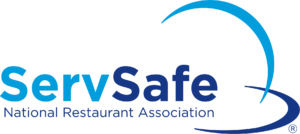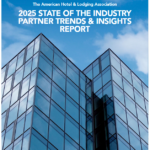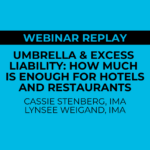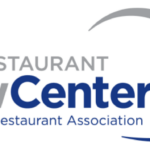Governor Gavin Newsom signed the Fast-Food Accountability and Standards Recovery Act (FAST Act) into law this week. This bill took on many forms throughout the legislative process. Here’s what you need to know about this new law, its impact on California restaurants, and the prospects of similar legislation becoming law in Washington.
What is the FAST Act?
In short, the FAST Act creates a first-in-the-nation Fast Food Council — an unelected committee that will have regulatory authority to establish labor rules around wages, training, and health and safety standards for large chain counter service restaurants.
The industry was strongly opposed to this bill throughout the legislative process.
Who is on the council?
The 10-member council will consist of:
- One representative from Department of Industrial Relations (California’s L&I)
- Two representatives of fast food restaurant franchisors
- Two representatives of fast food restaurant franchisees
- Two representatives of fast food restaurant employees
- Two representatives of advocates for fast food restaurant employees
- One representative from the Governor’s Office of Business and Economic Development
Which businesses are directly impacted?
The legislation applies to fast food chains consisting of 100 or more establishments nationally that share a common brand, or that are characterized by standardized options for décor, marketing, packaging, products, and services.
This includes fast food restaurants that are part of a fast food chain and that in their regular business operations, primarily provides food or beverages:
a) For immediate consumption either on or off the premises.
b) To customers who order or select items and pay before eating.
c) With items prepared in advance, including items that may be prepared in bulk and kept hot, or with items prepared or heated quickly.
d) With limited or not table service.
i) Table service does not include orders placed by a customer on an electronic device.
How will this impact other labor policies like paid time off, predictable scheduling and California’s minimum wage?
The FAST Act excludes certain labor policies from the jurisdiction of the council, including new paid time off benefits and predictable scheduling.
California’s minimum wage is currently $15/hour. The FAST Act gives authority to the council to set a new minimum wage for impacted restaurants at no more than $22/hour for 2023 and includes a formula with caps for future wage increases.
What’s next?
The bill is set to go into effect on Jan. 1, 2023. However, opponents filed a referendum challenge on Tuesday. The opposition campaign has until Dec. 4 to submit around a million signatures to get a referendum placed on the November 2024 ballot. If they collect enough valid signatures in the next 90 days, the law will be put on hold pending the outcome of the 2024 vote.
As we’ve seen many times before, legislation enacted in California often makes its way up north on the I-5 corridor. While we’re not aware of any similar proposals here in Washington at this time, our government affairs team is keeping a close eye on the situation. As always, they will keep you informed if similar proposals start brewing closer to home and will let you know if they need your help engaging with lawmakers.














